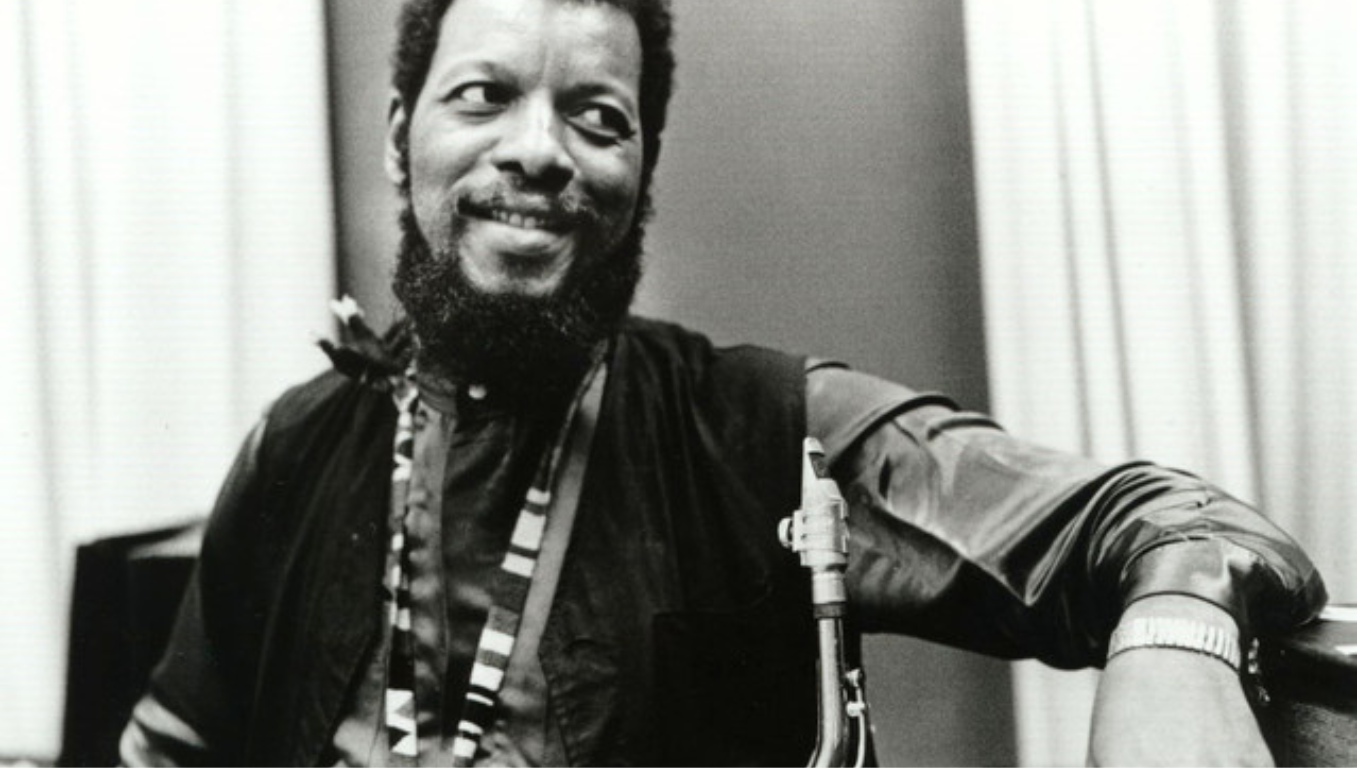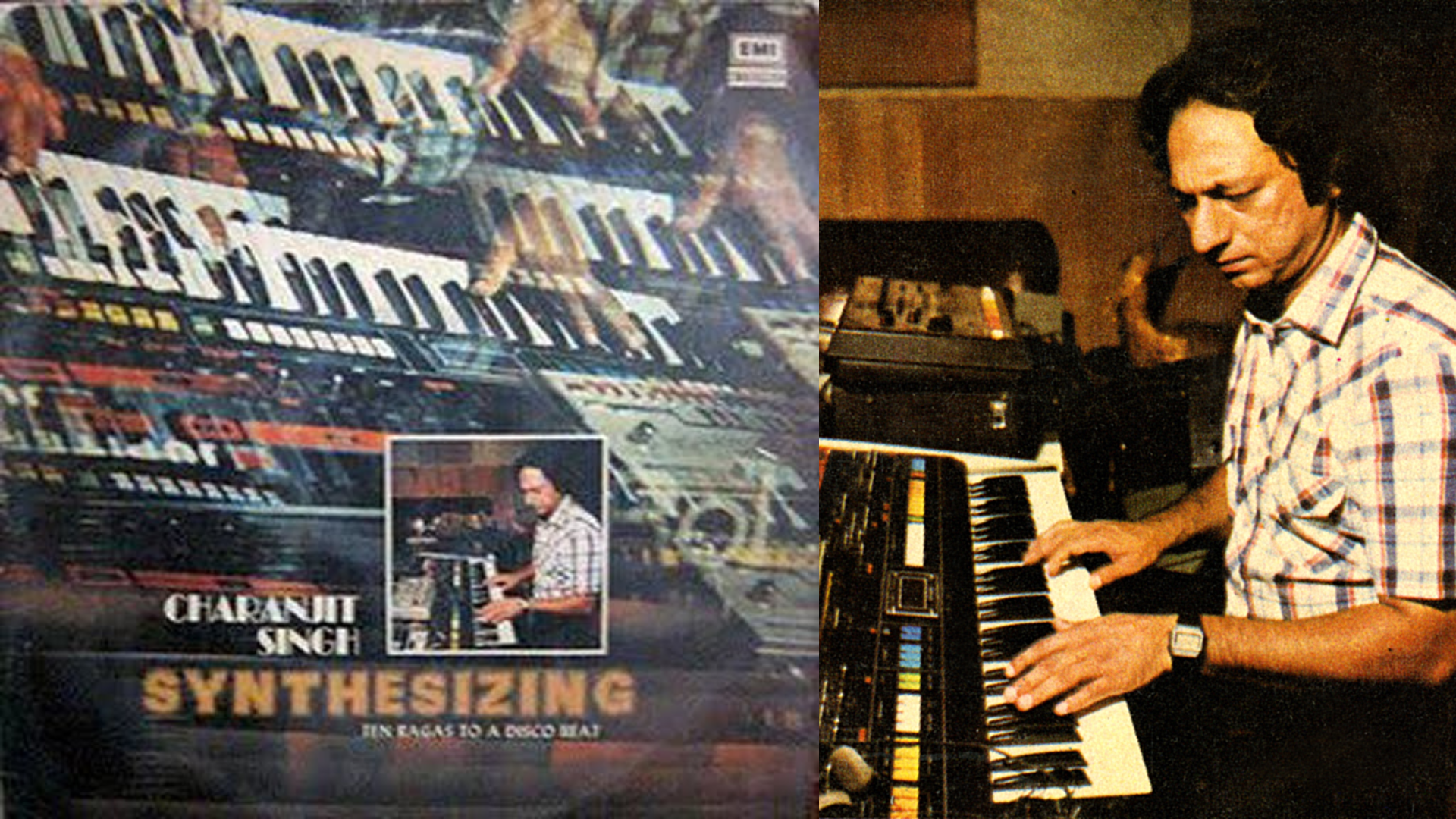Ornette Coleman And The Birth Of Free Jazz

Like other jazz innovators of the 20th century, Ornette Coleman faced a challenging start to his career. Everything about him was unusual; from his name and strange suits to how he talked and played his white plastic alto saxophone.
In 1949, during a performance with an R&B band, he tried to introduce new ideas through a solo; but was forcefully escorted outside and beaten by men who disapproved of his music. This brutal assault not only injured him but also left his saxophone shattered.
This incident led him to New Orleans, where he found refuge with a friend and received a crucial gift: a Grafton alto saxophone from Martin Lassiter.
Despite the challenges he faced in finding work as a musician in Los Angeles, his musical evolution took a significant turn when he met musicians who shared his vision.
Trumpeter Don Cherry, bassist Charlie Haden, and drummer Billy Higgins became his steadfast collaborators.
By early 1958, Coleman had assembled a quartet open to his new way of improvising.
Coleman's early recordings on the Contemporary label like "Something Else!!!!" and "Tomorrow Is The Question!" signaled a departure from traditional jazz, gradually evolving his style.
1. Something Else
2. Tomorrow Is The Question
It was during his time with Atlantic Records, starting in May 1959, that Ornette Coleman embarked on an astonishing run of albums, pioneering what would become known as free jazz.
This genre challenged conventions, dividing audiences and musicians into those who saw Coleman as an iconoclast, a charlatan, or a genius.
Regardless of one's opinion, there was no denying that Coleman's music was different, and it demanded strong reactions.
"The Shape Of Jazz To Come," was characterized by astonishing counterpoint, long melodic sequences, and solos that often left listeners wondering, "How do they know when to come back in for the theme?"
Ornette Coleman's quartet challenged the very essence of jazz, offering an alternative to traditional chord-based improvisation; and paved the way for post-bop, fusion, and more daring free jazz explorations.
Read More: John Coltranes Spiritual Awakening






Comments